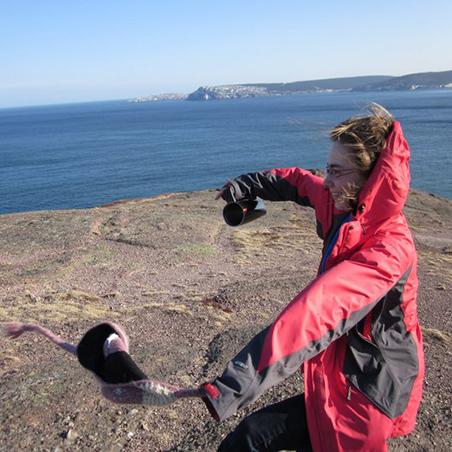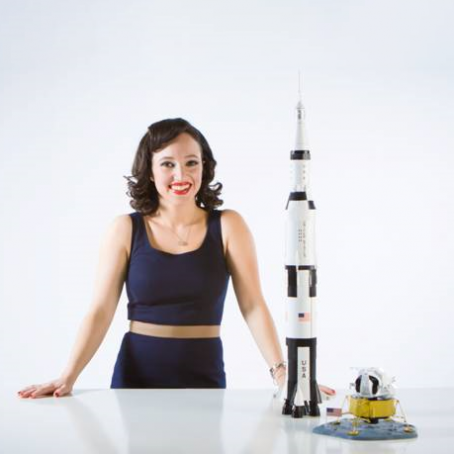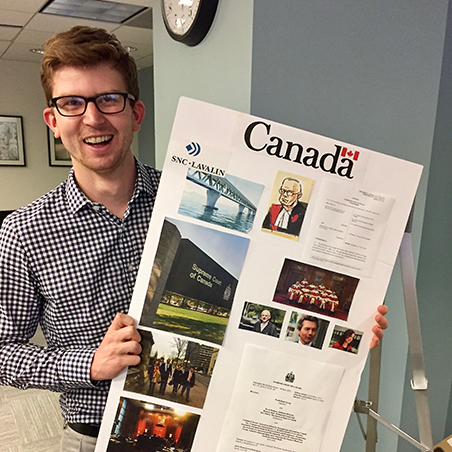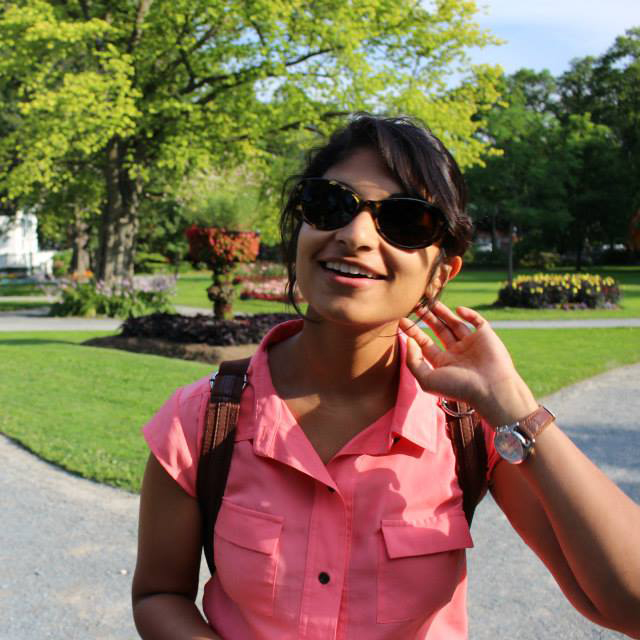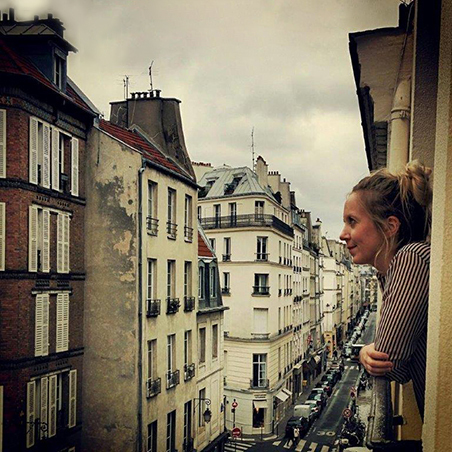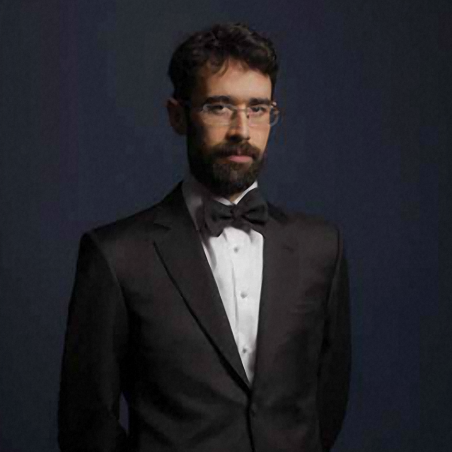HOST NEWS
HOSTSoc Summer Reading Group
Because the Covid-19 pandemic has changed the way we interact with the world around us, we as students have had to adjust to the obstacles of distanced learning. However, this did not mean that the way we engage with academia over the Summer had to be less than optimal. The HOST Society developed a Zoom Summer reading group in the late Spring, under the leadership of student Megan Krempa.
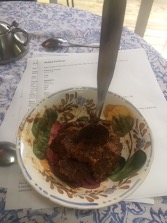
Dr. Gordon McOuat’s “Hasty Indian Pudding
The group’s readings began with an enticing reading from Ian Hacking’s The Emergence of Probability, a philosophical study about early statistics and ideas concerning probability. The group moved on to a timely discussion lead by EMSP professor, Dr. Simon Kow, focusing on Daniel Defoe’s “A Journal of the Plague Year”, Gentile da Foligno’s “Short Casebook”, Alfonso de Cordoba’s “Letter and Regimen Concerning the Pestilence”, and Ibn Khatima’s “Remedy for Escaping the Plague”.
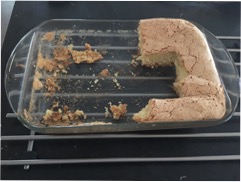
Dr. Kathryn Morris’ Spongecake
In the first week of July, the reading group welcomed Dr. Lyn Bennett from the department of English at Dalhousie, in a discussion entitled: “Early Modern Atlantic recipes: medical remedies, food and culture.” Participants in the group were encouraged to create the recipes from UNB’S Early Modern recipe database, for a midsummer cook-off. Although the pandemic has limited the ways in which we learn, it has also provided an opportunity for intimate and creative methods of discovery, such as this. If you are interested in joining the reading group, please feel free to email Megan Krempa at mg579229@dal.ca.



